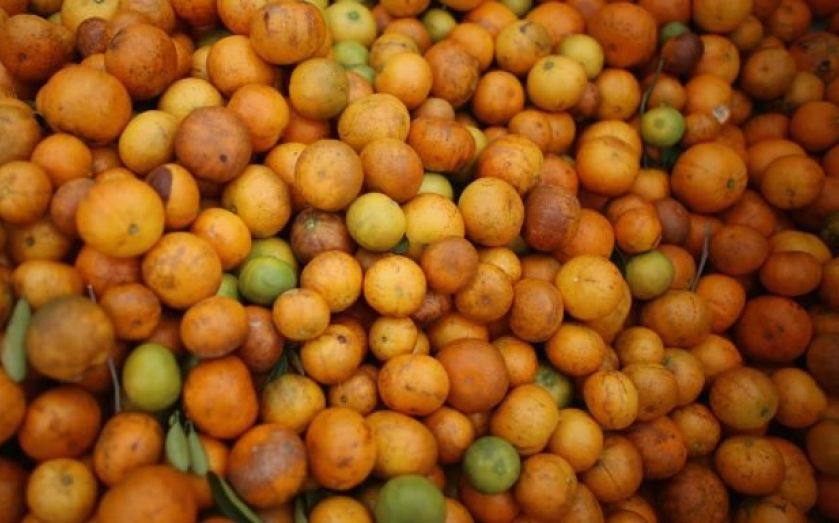| Updated:
Is fruit juice bad for you? Forget the breakfast OJ – many juices contain so much sugar they are a health hazard

If you think drinking a glass of orange juice in the morning will get you out of eating vegetables later in the day, think again.
The level of added sugar present in most fruit juices is so high that it exceeds recommended limits, making the health costs greater than health benefits, according to campaigners.
Official advice currently says a 150ml glass of unsweetened fruit juice counts towards your five a day, but excessive amounts of juice or added sugars counteract this.
A smoothie containing pulped fruits and vegetables, for example, could include more than one five-a-day portion, but if too many fruits have been used or if they are blended to release too much sugar, it could cause damage to your teeth and contribute to weight gain.
The majority of cartoned juice available in supermarkets is sweetened, and according to the campaign croup Action on Sugar they often contain at least six teaspoons to sugar – more than is present in cola.
When considering that the UK population already has trouble keeping sugar additives under the recommended level, drinking sweetened fruit juices only adds to this problem.
"Fruit juice is a useful contribution towards our five a day, however, because the process of juicing releases sugars from the fruit we recommend that you try to limit your fruit juice to 150ml a day, including that from smoothies and only consume these and other sugary drinks with meals to reduce the risk of tooth decay,” Public Health England's Alison Tedstone said in response to the claim.
World Health Organisation guidelines say added sugars shouldn't count for more than ten per cent of the energy we get from food and drink each day, yet the latest data available from the National Diet and Nutrition Survey suggests that people of every age group exceed this, including the majority of working adults aged 19-64.